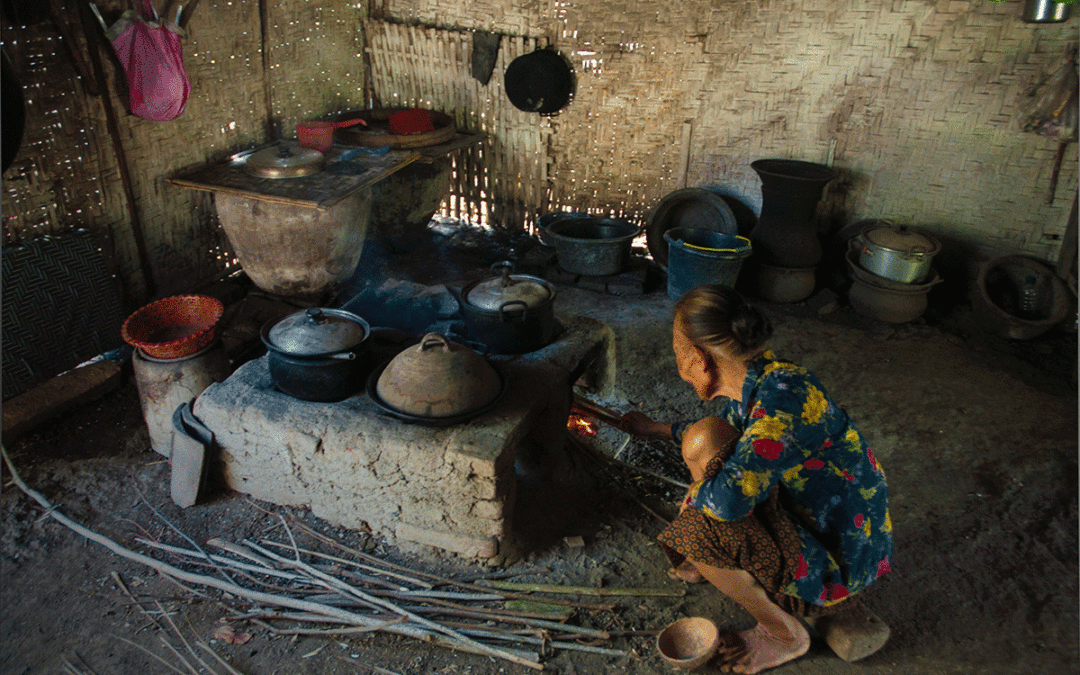Verses for study:
Romans 6:23
For the wages of sin is death, but the gift of God is eternal life in Christ Jesus our Lord.
Romans 3:23
For all have sinned and fall short of the glory of God.
Leviticus 8:5-9
Moses said to the congregation, “This is the thing which the Lord has commanded to do.”
Then Moses had Aaron and his sons come near and washed them with water. He put the tunic on him and girded him with the sash, and clothed him with the robe and put the ephod on him; and he girded him with the artistic band of the ephod, with which he tied it to him. He then placed the breastpiece on him, and in the breastpiece he put the Urim and the Thummim. He also placed the turban on his head, and on the turban, at its front, he placed the golden plate, the holy crown, just as the Lord had commanded Moses.
Leviticus 4:27-31
“‘If any member of the community sins unintentionally and does what is forbidden in any of the Lord’s commands, when they realize their guilt and the sin they have committed becomes known, they must bring as their offering for the sin they committed a female goat without defect. They are to lay their hand on the head of the sin offering and slaughter it at the place of the burnt offering. Then the priest is to take some of the blood with his finger and put it on the horns of the altar of burnt offering and pour out the rest of the blood at the base of the altar. They shall remove all the fat, just as the fat is removed from the fellowship offering, and the priest shall burn it on the altar as an aroma pleasing to the Lord. In this way the priest will make atonement for them, and they will be forgiven.
John 1:29
The next day he saw Jesus coming to him and said, “Behold, the Lamb of God who takes away the sin of the world!
John 3:16
For God so loved the world that he gave his one and only Son, that whoever believes in him shall not perish but have eternal life.
Luke 22:20
In the same way, after the supper he took the cup, saying, “This cup is the new covenant in my blood, which is poured out for you.”
Matthew 27:51
At that moment the curtain of the temple was torn in two from top to bottom. The earth shook, the rocks split and the tombs broke open. The bodies of many holy people who had died were raised to life.
Matthew 5:18
For truly, I say to you, until heaven and earth pass away, not an iota, not a dot, will pass from the Law until all is accomplished.
Matthew 22:37-40
And he said to him, “You shall love the Lord your God with all your heart and with all your soul and with all your mind. This is the great and first commandment. And a second is like it: You shall love your neighbor as yourself. On these two commandments depend all the Law and the Prophets.”
James 1:27
Religion that is pure and undefiled before God the Father is this: to visit orphans and widows in their affliction, and to keep oneself unstained from the world.
Matthew 25:42
for I was hungry and you gave me no food, I was thirsty and you gave me no drink,
Psalm 46:10
Be still, and know that I am God.
I will be exalted among the nations,
I will be exalted in the earth!
Deuteronomy 5:7-21 — The 10 Commandments
1. “‘You shall have no other gods before me.
2. “‘You shall not make for yourself a carved image, or any likeness of anything that is in heaven above, or that is on the earth beneath, or that is in the water under the earth. 9 You shall not bow down to them or serve them; for I the Lord your God am a jealous God, visiting the iniquity of the fathers on the children to the third and fourth generation of those who hate me, but showing steadfast love to thousands of those who love me and keep my commandments.
3. “‘You shall not take the name of the Lord your God in vain, for the Lord will not hold him guiltless who takes his name in vain.
4. “‘Observe the Sabbath day, to keep it holy, as the Lord your God commanded you. For six days you shall labour and do all your work, but the seventh day is a Sabbath to the Lord your God. On it you shall not do any work, you or your son or your daughter or your male servant or your female servant, or your ox or your donkey or any of your livestock, or the sojourner who is within your gates, that your male servant and your female servant may rest as well as you. You shall remember that you were a slave in the land of Egypt, and the Lord your God brought you out from there with a mighty hand and an outstretched arm. Therefore the Lord your God commanded you to keep the Sabbath day.
5. “‘Honour your father and your mother, as the Lord your God commanded you, that your days may be long, and that it may go well with you in the land that the Lord your God is giving you.
6. “‘You shall not murder.
7. “‘And you shall not commit adultery.
8. “‘And you shall not steal.
9. “‘And you shall not bear false witness against your neighbour.
10. “‘And you shall not covet your neighbour’s wife. And you shall not desire your neighbour’s house, his field, or his male servant, or his female servant, his ox, or his donkey, or anything that is your neighbour’s.
Matthew 5:3-10 — From the Sermon on the Mount
“Blessed are the poor in spirit, for theirs is the kingdom of heaven.
“Blessed are those who mourn, for they shall be comforted.
“Blessed are the meek, for they shall inherit the earth.
“Blessed are those who hunger and thirst for righteousness, for they shall be satisfied.
“Blessed are the merciful, for they shall receive mercy.
“Blessed are the pure in heart, for they shall see God.
“Blessed are the peacemakers, for they shall be called sons of God.
“Blessed are those who are persecuted for righteousness’ sake, for theirs is the kingdom of heaven.
James 2:14-17
What good is it, my brothers, if someone says he has faith but does not have works? Can that faith save him? If a brother or sister is poorly clothed and lacking in daily food, and one of you says to them, “Go in peace, be warmed and filled”, without giving them the things needed for the body, what good is that? So also faith by itself, if it does not have works, is dead.
James 2:21-24
Was not Abraham our father justified by works when he offered up his son Isaac on the altar? You see that faith was active along with his works, and faith was completed by his works; and the Scripture was fulfilled that says, “Abraham believed God, and it was counted to him as righteousness”—and he was called a friend of God. You see that a person is justified by works and not by faith alone.
1 Corinthians 13:1-3
If I speak in the tongues of men or of angels, but do not have love, I am only a resounding gong or a clanging cymbal. If I have the gift of prophecy and can fathom all mysteries and all knowledge, and if I have a faith that can move mountains, but do not have love, I am nothing. If I give all I possess to the poor and give over my body to hardship that I may boast, but do not have love, I gain nothing.

